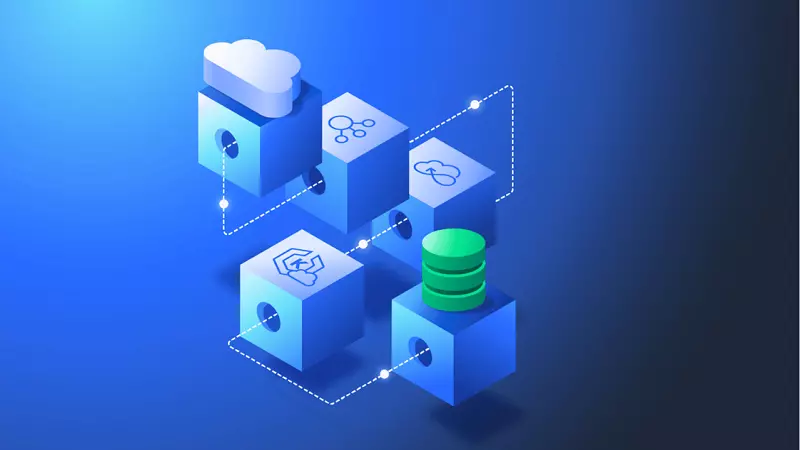In the vast, continually evolving universe of information technology, three roles have emerged as pillars in the digital transformation: the Big Data Architect, the Distributed Data Processing Engineer, and the Tech Lead. In this article, we delve into these unique roles and the incredible impact they have on our technological world. Let’s get started. big data architect, “distributed data processing engineer”, and tech lead
Defining Key Terms: Big Data Architect, Distributed Data Processing Engineer, Tech Lead
In a world where data is the new gold, a Big Data Architect plays the pivotal role of designing the systems that extract valuable insights from vast data sets. A Distributed Data Processing Engineer, on the other hand, is responsible for building and maintaining systems that process and analyze large volumes of data in a distributed environment. The Tech Lead is a critical role responsible for steering the technical direction of a project, ensuring cohesion among various technology-driven roles and facilitating the best tech-driven decisions. big data architect, “distributed data processing engineer”, and tech lead
Understanding the Roles
Let’s explore each of these roles in more detail:
Role of a Big Data Architect
- Primary Responsibilities The Big Data Architect designs, creates, deploys, and manages an organization’s data architecture. They develop strategies for data acquisition, archive recovery, and implementation of a database.
- Required Skills Critical skills for a Big Data Architect include expertise in Hadoop-based technologies, SQL-based technologies, data modeling and design, and data warehousing.
Role of a Distributed Data Processing Engineer
- Primary Responsibilities These engineers design, build, and maintain distributed systems that process large data sets across clusters of computers. They focus on the efficiency and reliability of data processing.
- Required Skills Skills for this role include expertise in distributed systems, experience with big data technologies such as Hadoop and Spark, and proficiency in programming languages like Java and Python.
Role of a Tech Lead
- Primary Responsibilities The Tech Lead guides the technical team towards achieving project objectives, solving technical challenges, and making critical decisions regarding technology selection and application.
- Required Skills A Tech Lead should have strong technical acumen, excellent leadership and communication skills, and a knack for problem-solving.
The Interconnection: How these Roles Work Together
In a typical tech project, these roles interact closely. The Big Data Architect sets up the data architecture, the Distributed Data Processing Engineer ensures the data is processed efficiently, and the Tech Lead oversees the technical aspects of the project, ensuring a cohesive, efficient approach. big data architect, “distributed data processing engineer”, and tech lead
Why these Roles are Essential in Today’s Tech Industry
The importance of these roles lies in their ability to make sense of the deluge of data, apply technical expertise to drive projects, and lead teams towards successful execution. They are the linchpins that ensure data-driven decisions, and efficient, scalable solutions.
The Future of Tech Industry with these Roles
The future of the tech industry is intricately linked with these roles. As data continues to grow in volume and complexity, the demand for these roles will only intensify, making them indispensable in the digital transformation journey.
How to Become One of These Specialists
- Education Generally, a bachelor’s degree in Computer Science or a related field is the minimum requirement. However, a master’s degree or specialized training in data management or a related field is often preferred.
- Experience Hands-on experience in data architecture, processing, and technology leadership is vital.
- Certification Certifications from recognized institutions or technology providers can offer a competitive edge.
Conclusion
The roles of a Big Data Architect, Distributed Data Processing Engineer, and Tech Lead are vital components in the tech industry. They are crucial drivers of innovation, efficiency, and growth, laying the foundation for the exciting future of technology. big data architect, “distributed data processing engineer”, and tech lead
FAQs
- What is the difference between a Big Data Architect and a Distributed Data Processing Engineer?
- What qualifications are needed to become a Tech Lead?
- How are these roles interconnected in a tech project?
- Why are these roles so important in the tech industry today?
- What does the future hold for these roles in the tech industry?

